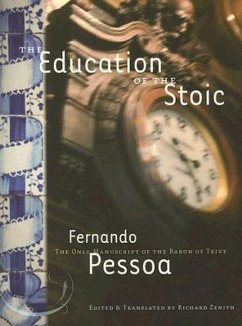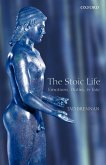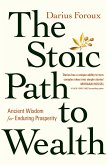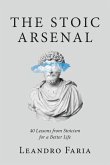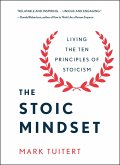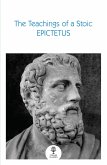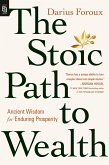The rediscovery in the 1990s of the Portuguese writer Fernando Pessoa (1888 -- 1935) is reminiscent of the rediscovery of Kafka in the 1950s. Like Kafka, Pessoa left his work in disarray, much of it to be published only posthumously. And Pessoa has become a literary icon of post-modernism, as Kafka was of modernism. Pessoa is best known for his unique practice of writing under "heteronyms, " distinct personalities whom he supplied with differing tastes, literary influences, even horoscopes. Pessoa was a multitude of writers. Exact Change's edition of Pessoa's major prose work, The Book of Disquiet, has been one of our bestsellers, and extensive articles on Pessoa have now appeared in the New York Times Book Review, New York Review of Books, Los Angeles Times Book Review, Voice Literary Supplement, and Washington Post. The Book of Disquiet even showed up in an ad for bn.com, as one of Susan Sontag's "Favorite 20th Century Books in Translation." And the discovery continues. In 1999, translator Richard Zenith made a new find in the Pessoa archive in Lisbon: a group of prose writings by a previously unknown heteronym, the "Baron of Teive." Zenith edited the Portuguese volume of these writings, which were received as a crucial piece of the puzzle that is Pessoa's oeuvre. The Education of the Stoic is the unique work left by the Baron of Teive, who, after destroying his previous literary attempts and before destroying himself, explains "the impossibility of producing superior art." It is the dark companion piece to The Book of Disquiet. This is its first complete publication in English.
Hinweis: Dieser Artikel kann nur an eine deutsche Lieferadresse ausgeliefert werden.
Hinweis: Dieser Artikel kann nur an eine deutsche Lieferadresse ausgeliefert werden.

